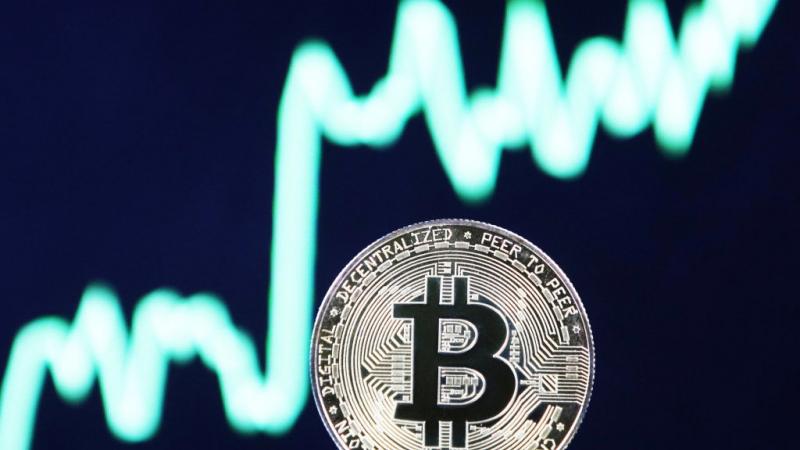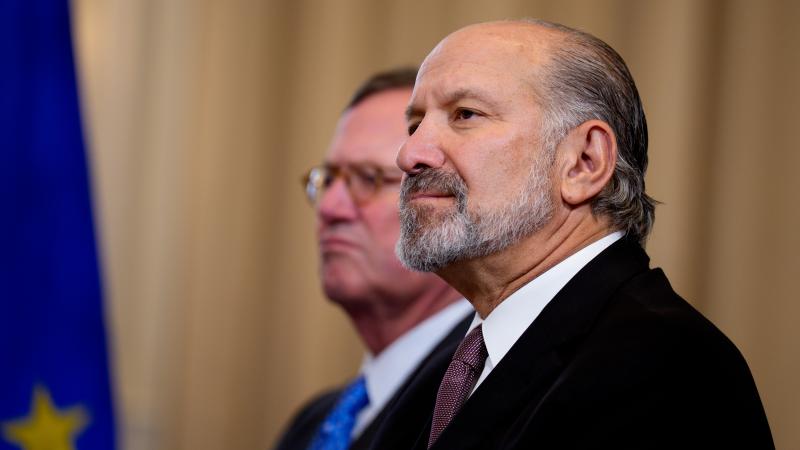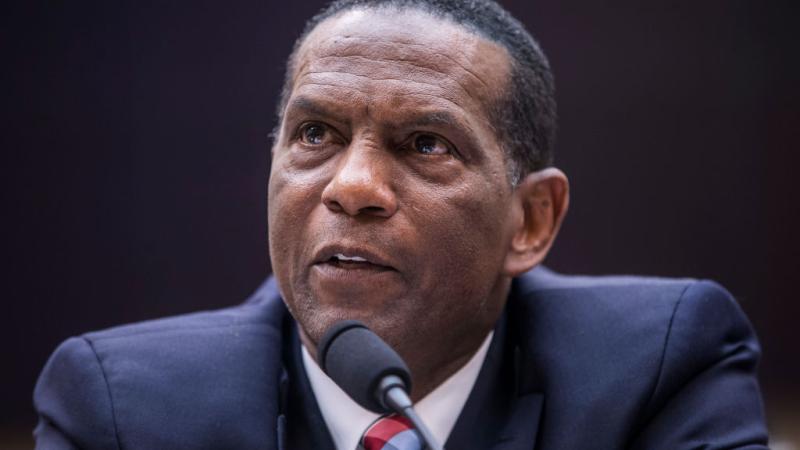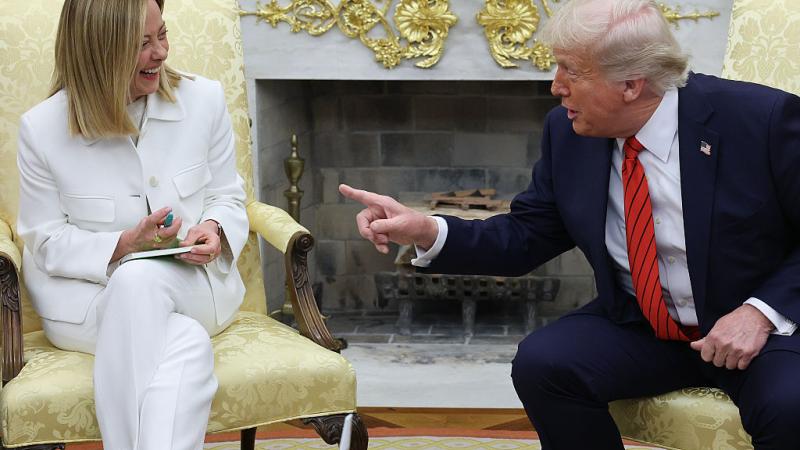Ex-Trump adviser: Ending normalized trade relations with China should be on negotiating table
Why let critical supplies be built in a country that poses "existential threat of time?" economist Cale Clingenpeel asks.
A former Trump economic adviser says China has so abused its relationship with America for two decades that U.S. policymakers should seriously consider ending normalized trade relations with Beijing, returning to the 1990s posture of approving such privileges annually.
Cale Clingenpeel, former adviser to the White House Council of Economic Advisers and current chief economist for the America First Policy Institute, told Just the News that China's roles in erasing the U.S. manufacturing sector, stealing intellectual property, fomenting an opioid crisis and triggering the global pandemic warrant a more harsh policy approach.
"You had an authoritarian state that participated in a massive cover up of the worst health crisis in a century — and it turns out very likely could have created the virus itself," he told the John Solomon Reports podcast on Monday.
"I think everything needs to be on the table economically,” Clingenpeel continued. "And we need to have a toolkit that is available, and we have the toolkit available, and it should range from anything from, you know, not allowing access to U.S. capital markets. On the other hand, we should consider ending permanent normal trade relations with China. That should always be an option, if they don't change their behavior."
Clingenpeel said the pandemic exposed a dangerous American reliance on China for critical goods like drugs, jet parts, precious metals and medical supplies and just how much manufacturing has been hurt by Beijing's aggressive trade practices.
"Since the late 1990s, when permanent normal trade relations was established for China, the consequences for the U.S. have been tremendous: the hollowing out of our manufacturing base. But it goes well beyond that," he said.
"There have been numerous studies that show substantial linkages between the opioid crisis, substance abuse, and the trade penetration that comes from China," he added. "We should really consider if China is the existential threat of our time, why are we producing those things there?"
Clingenpeel said he also is deeply concerned that President Biden's early economic policies are encouraging inflation, running up crushing debt and incentivizing workers sidelined by the pandemic to remain unemployed to collect enhanced jobless benefits.
"The biggest thing is the worker shortage issue; people have got to get back to work," he said. "And they aren't incentivized to do so right now. … The real problem is that the longer people stay out of work, that far less likely it is that they'll go back to work in the future. And they'll exit the labor force entirely. And that will be a drag, not just on the next year, it will be a drag on the next decade."
The economist also said he is worried that policymakers don't have a strong plan yet to assist small businesses that are being increasingly targeted by cybercriminals, hackers and ransom thieves.
He said many attacks are not reported, and the insurance protections for business losses are currently inadequate.
"Doing things to promote the development of a cyber insurance market would be a big step in helping," he said. "You know, insurers can't develop an insurance market, if they don't know the full scope of the cyber threat that's out there. So making sure that firms are disclosing when they're attacked, and the cost of those attacks, will really help us in preventing, or at least addressing the threat in the future."
















